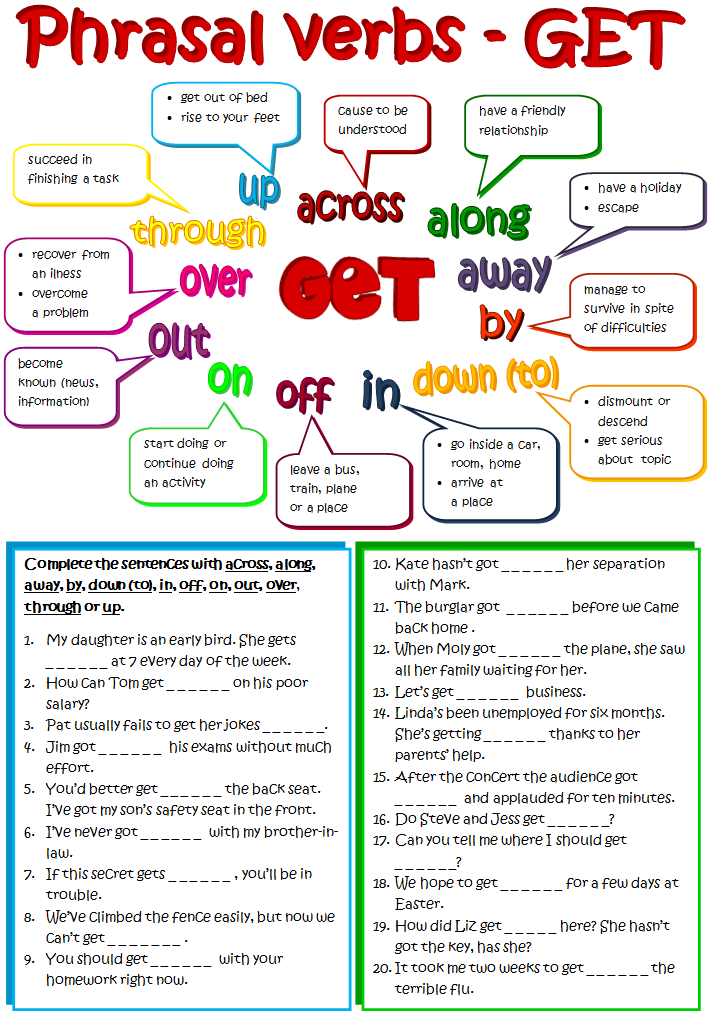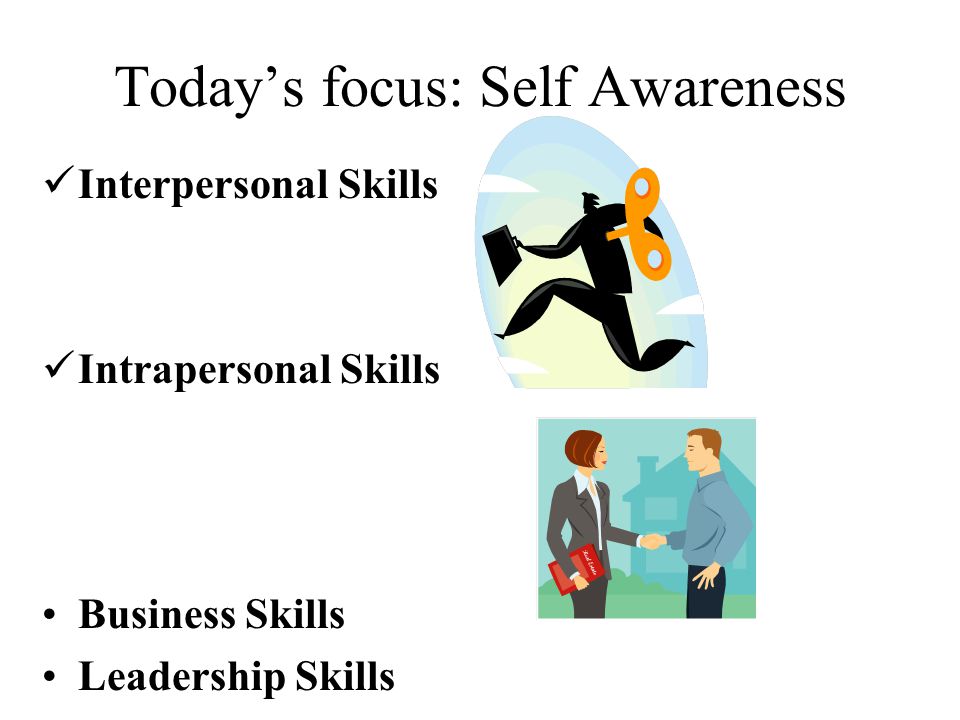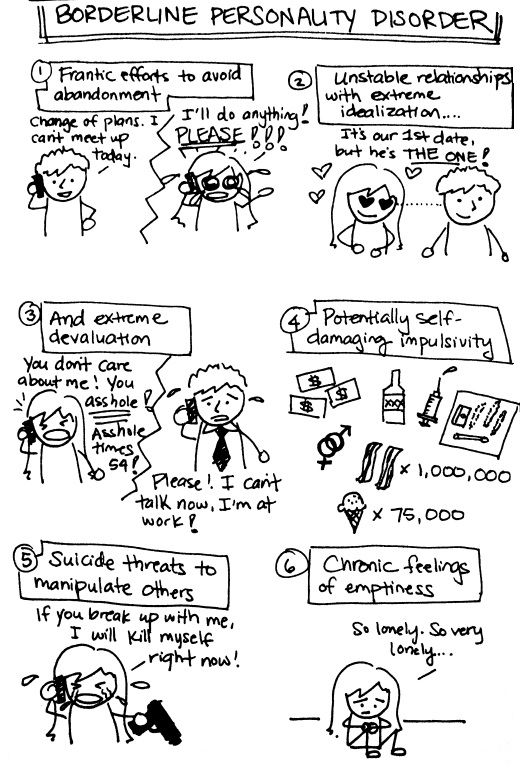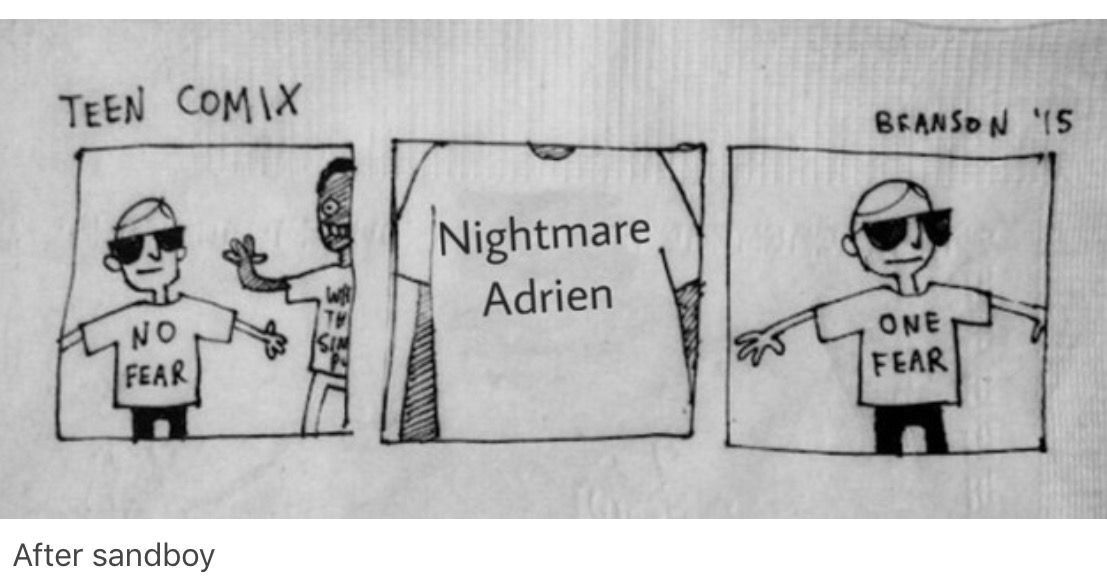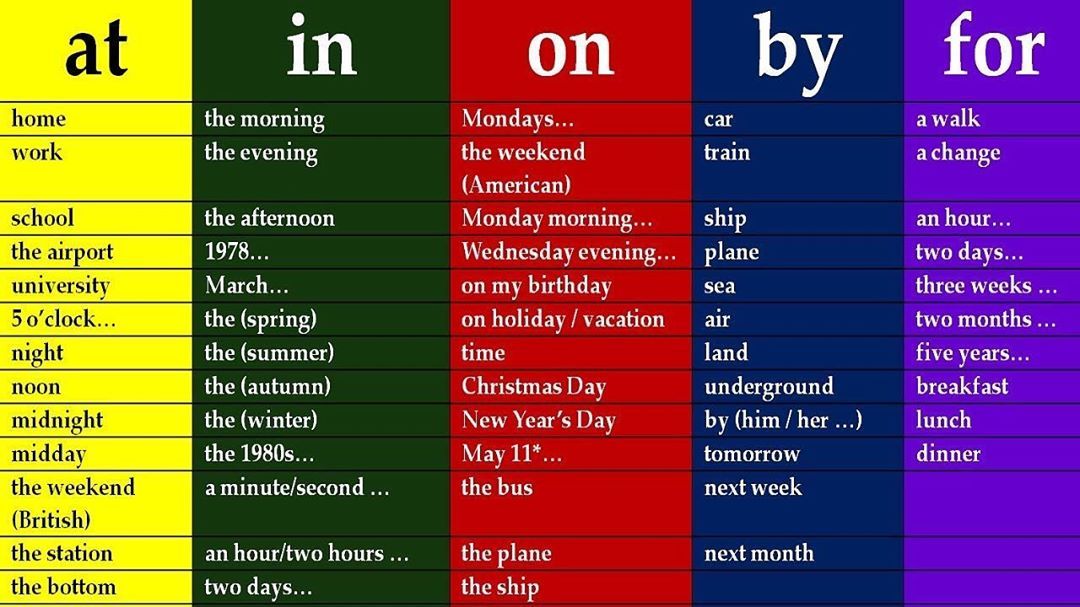Pride is bad
Why Pride Is Poison for Your Soul
Pride has many flavors — they all make life unpleasant
Pride is an emotion that can be both nurturing or poisonous.
It’s okay to feel proud when you accomplish something great. Feeling proud tastes delicious — it inspires positive behavior.
Being proud is a different thing — it can make you come across as arrogant and self-centered. Being proud is about creating an inflated self-image. It makes life unpleasant, especially for those around you.
"Generosity is giving more than you have, and pride is taking less than you need." ― Kahlil Gibran
So, is it better to not feel proud at all?
Pride becomes poisonous when used in significant quantities. Excessive pride leaves a nasty aftertaste — use it with moderation.
Pride Is Nothing to Be Proud Of
Aristotle described pride as the ‘crown of the virtues.’
For the Greek philosopher, pride implies greatness. He considered a proud person as someone who is and thinks to be worthy of great things.
Avoid vices. To think we are worthy of great things when we are not is vanity. Whereas to think of oneself to be worthy of less than we are worthy of is cowardice.
Pride is an emotion we experience when we’ve achieved something great. Or when someone close to us has. It’s the recognition for a job well done.
So, is pride something virtuous or evil?
Modern psychologists split pride in two emotions: hubristic and authentic.
Authentic pride is feeling confident and competent about who you are. Hubristic pride is letting egocentrism and arrogance take over. The latter encourages aggressive behavior; the first, affiliation.
Experts argue they are not two separate emotions — the dosage separates authentic pride from hubristic pride. Pride itself is not a problem — excessive pride is.
Arrogant people tend to score high on narcissism. Excessive pride diminishes self-awareness. Like an arrogant leader who’s always exaggerating his achievements to denigrate his rivals.
Excessive pride diminishes self-awareness. Like an arrogant leader who’s always exaggerating his achievements to denigrate his rivals.
Excessive pride is an exaggerated appreciation of oneself by devaluating others — we turn other people into our competitors.
While pride can undoubtedly lead to arrogant displays, it can also motivate us to give our best.
“I know” is teenagers’ response by default. They are not wired to listen. Adolescents believe they have all the answers. That’s not an issue unless they carry that arrogant behavior into adulthood.
Excessive pride makes us ignorant. It harms our relationships too — nobody likes being with a know-it-all.
Pride is like a condiment — it adds flavor to your life. A little touch can make it more pleasurable or exciting. In excess, it makes everything unpleasant.
Excessive Pride Tastes Like Poison
As C.S. Lewis wrote, “True humility is not thinking less of yourself, but thinking of yourself less. ”
”
Feeling proud is not the same as being proud.
Acknowledging your strengths and achievements reinforces positive behavior. It inspires you to give more.
However, being proud is living under a distorted notion. We exaggerate our perception of self to feel superior.
Pride is rooted in the same principle that envy — we define our self worth by comparing to others. But, unlike envy, rather than wanting what others have, we need to disparage them to feel superior.
Buddhism recognizes six poisons that harm our perception and behavior. Pride is the most pervasive.
Pride is a poison because it’s the basis for disrespecting others and for creating suffering in our lives.
Excessive pride is an exaggerated appreciation of oneself by devaluating others. It is often driven by poor self-worth.
We are so insecure that we compensate by feeling superior. And look for others’ flaws as a way to disguise our own.
We spend too much time competing with other people.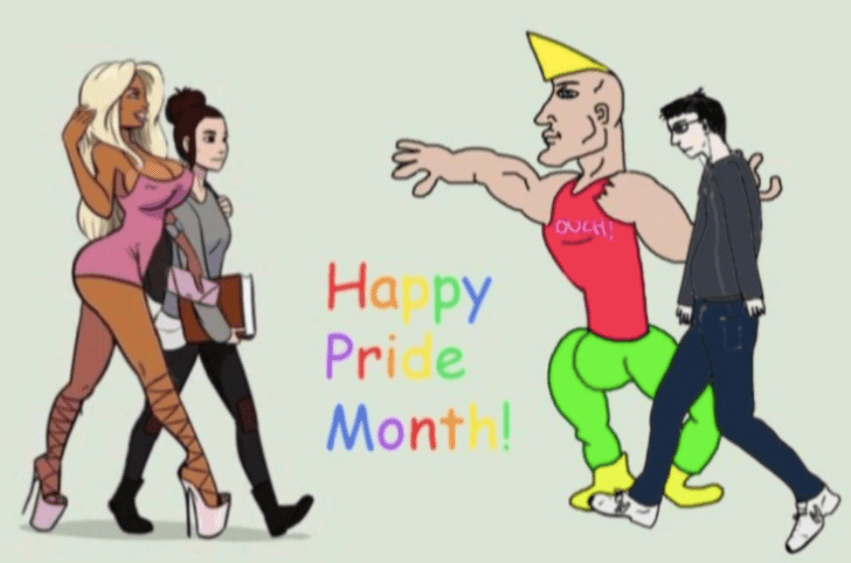 They taught us that winners take all. Most people believe that being successful requires humiliating or defeating others.
They taught us that winners take all. Most people believe that being successful requires humiliating or defeating others.
As Thubten Caldron said, “Why do we have to put someone down to feel good?”
Buddhists encourage confidence and honesty with oneself. Pride is demeaning other people or feeling an aversion to others. Instead of nurturing self-growth, we compete and want to defeat others.
Excessive pride prevents the growth of other virtues. It becomes too uncomfortable to recognize our shortcoming or mistakes. Pride makes us believe we are always right.
How can we become more compassionate if we are already so great?
The Seven Flavors of Pride
“Behind every argument lies someone’s ignorance.” — Louis D. Brandeis
Pride has many flavors — actually seven, according to Thubten Chodron.
In one of her teachings, the American Buddhist explains the different flavors that pride takes. Each has self-indulgent nuances. But, they all leave a bitter aftertaste.
But, they all leave a bitter aftertaste.
1. Pride over the inferior:
The first type of pride is the most common. We compare ourselves to others in terms of education, social standing, health, beauty, physical attributes, or other aspects
This happens when we, in fact, are better than somebody else in one of those aspects. We compare our strengths to someone else’s weakness. And look down on them.
2. Great Pride:
This happens when we can’t accept that we are equal to others in a particular aspect. Our competitive mode doesn’t leave us in peace. We see others as competitors that we must defeat.
Great pride is a culture view, especially in America. That’s what kids learn from their parents. They associate getting recognition to beating someone else.
Even when we go for a run or bike ride, we need stats to prove that we are better. All we care is bragging about our superior performance, not the joy of exercising.
As Chodron explains, parents don’t ask their children if they had fun during a match.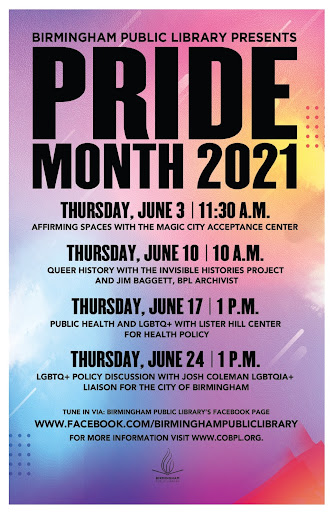 But, praise their kids when they beat others. Children learn that recognition matters more than having joy.
But, praise their kids when they beat others. Children learn that recognition matters more than having joy.
Great pride is the enemy of collaboration — instead of thinking of the group welfare, we want to win.
3. Pride of Pride:
This is when we compare ourselves to others — in any aspect — and are actually inferior.
Instead of accepting the fact, we look for something that will make us proud. For example, you might say, “I might not be as good taking pictures as X, but I’m a more honest person.”
You focus on another quality that will help overcome your weakness. One that will make you feel morally superior. You defeat the other person by attacking their virtues.
It can be something insignificant, but still, you find a way to discredit your ‘opponents’ by finding their moral flaw.
4. Pride of the sense of “I”:
This is thinking of yourself as being perfect.
You turn one experience into something that makes you feel the king of the world. Like when you break a rule or do something that makes you feel unique.
Like when you break a rule or do something that makes you feel unique.
5. Evident or manifest pride:
This is where we are proud about the qualities or abilities that we don’t have. But we think we do.
You see it all the time — people get attached to an illusion. They think they are proficient at something but are clueless.
Manifest pride is when we believe we are better, wiser, more spiritual, or virtuous than we are.
6. Feeling slightly less pride:
This is when we feel proud of our weaknesses. It’s the case of those who play the victim role because it gives them power — others pay attention.
We make ourselves insignificant by putting ourselves down. We make a big deal of small flaws to feel at the center of the world.
The need to compete with others makes us cling to an exaggerated image of ourselves — in this case, a negative one. We become proud of being a victim.
7. Distorted pride:
The last type of pride is about bragging about our non-virtues.
It’s the feeling of superiority when someone cheats and doesn’t get caught. Think of those who lie in the tax declaration or frame someone else at work for a mistake they did.
Distorted pride is when our morality is full of holes, but we feel superior because we got away with it.
The Antidote to Excessive Pride
Unfortunately, there’s no simple cure. We spend our entires lives feeding our ego — it takes time to reframe that relationship.
Start by reflecting on the role pride plays in your life.
Acknowledge the difference between feeling proud and being proud. The first is the joy of a job well done. The latter is an exaggerated, distorted version of who you are.
You can turn your pride into a means for development. Inquire your pride and see how it manifests. Excessive pride signals what we must further develop.
Do you feel insecure about a particular aspect of yourself? Do you have a distorted perception of your strengths or abilities? Do you see others as rivals or collaborators?
As Sophocles said, “All men make mistakes, but a good man yields when he knows his course is wrong and repairs the evil. The only crime is pride.”
The only crime is pride.”
Buddhism teaches to overcome excessive pride by cultivating equanimity and love for others. An appreciation for life and people removes the need to defeat them — there’s no need to compete.
Reconnecting ourselves with what we don’t know keeps our ego in check.
Intellectual humility can help overcome our pride too. Do you think you know a lot about a particular topic? Focus on something complicated that you don’t master. Surround yourself with people who know more than you do.
Pride is being attached to an exaggerated image of our self — we must let go of that dependence.
Thubten Chodron recommends contemplating that everything we have came from others.
Reflect that everything you do, know, are or have it’s not yours to start with. Everything happened due to the efforts and kindness of somebody else.
Do you feel proud of your body? Your parents gave it to you. Are you proud of your car? Reflect on everybody involved in designing, building, and distributing the vehicle. Somebody else created it — not you.
Somebody else created it — not you.
Trace the origin of whatever you feel proud — consider everyone who participated in the process.
Your knowledge is not yours alone. Your parents, teachers, professors, coaches, and many more contributed to your learning experience.
The world is an interconnected whole — no person or nation can be truly isolated. Reflecting on that will keep your pride under control. Everything we own or achieve is a consequence of collaboration with others.
Pride poisons our life. It creates an inflated version of self that we must defend at all costs. We take everything as criticism — we are under attack.
Don’t turn life into an unpleasant experience. Work on deflating your ego. When your identity no longer is at stake, you won’t need to fight with others.
Recover the pleasure of playing — life is not a match to be won, but enjoyed. Acknowledge the good, avoid the pressure to defeat others.
You wouldn’t accomplish anything without the help of other people. Pride has no room when we understand it’s better to be surrounded by collaborators rather than competitors.
Pride has no room when we understand it’s better to be surrounded by collaborators rather than competitors.
Why Pride Is Nothing to Be Proud Of
Source: Flickr image by Mike Kalasnik
“I’m proud of myself for having graduated from college and for my accomplishments in life. I pride myself on being punctual and for having strong moral values. I’m proud of my beautiful home and garden.”
These are some of the things that might swell us with pride. But what exactly is pride? Does it serve us or trap us? How does it differ from dignity?
Pride derives from the French word “prud,” which is a late Old English word variously translated as “excellent, splendid, arrogant, haughty.” It is thought that “having a high opinion of oneself” might reflect the Anglo-Saxons opinion of Norman knights who called themselves “proud.”
The Merriam-Webster Dictionary offers multiple definitions for “pride.” A positive one is: “A feeling that you respect yourself and deserve to be respected by others. ” This seems like a healthy aspect of pride. But then there’s: “A feeling that you are more important or better than other people” and “inordinate self-esteem.” This appears to be a common, not-so-healthy conceit, reflected in statements like, “He had too much pride to ask for help” or “her pride prevented her from admitting she was wrong.”
” This seems like a healthy aspect of pride. But then there’s: “A feeling that you are more important or better than other people” and “inordinate self-esteem.” This appears to be a common, not-so-healthy conceit, reflected in statements like, “He had too much pride to ask for help” or “her pride prevented her from admitting she was wrong.”
Since “pride” has conflicting definitions, it may be wise to use a different word to affirm our worth and value.
From Pride to Dignity
We might believe that healthy self-worth means taking pride in our achievements. But if value is tied to our accomplishments or self-image, it’s built upon on a fragile foundation.
There's nothing wrong with feeling satisfaction when we achieve some goal, such as getting a promotion or buying a new car. But if we allow these things to define who we are, we set ourselves up for misery. According to Buddhist psychology, suffering is generated when we cling too tightly to things that will inevitably pass.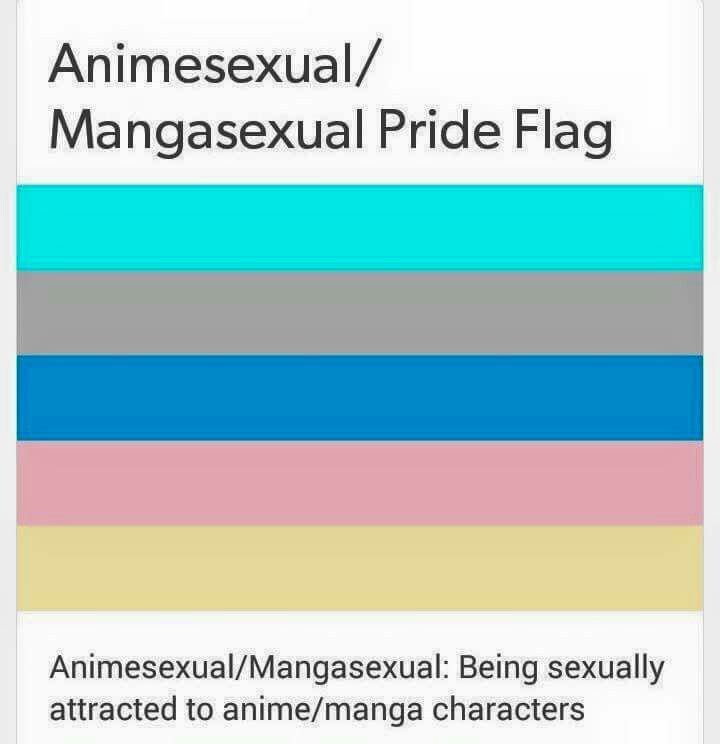
A more genuine and stable self-worth is based upon validating, affirming, and valuing ourselves as we are. Self-worth is a function of living with dignity, which exists apart from any accomplishments. Achievements are ephemeral and can become a trap. If too much of our attention goes toward accomplishing bigger and better things in order to feel good, then we become addicted to external sources of gratification.
In contrast, dignity can live inside us regardless of our successes and failures. We don’t have to prove anything to anybody, or even to ourselves. If an enterprise fails, this doesn’t mean that we’re a failure. If an attempt to communicate our feelings to our partner falls flat, we might feel sad, but we can feel good knowing we did our best. We can experience the dignity of having reached out to connect or to repair an injury to the relationship. We can experience the dignity of living with integrity, regardless of the outcome.
Pride Is Shame-Driven
Perhaps there’s a good reason why pride has been considered one of the seven deadly sins. We’ve all been repelled by people who have an inflated view of themselves. They may talk about themselves excessively and rarely show interest in others. They pump themselves up and come across as snooty, exuding an attitude that makes others feel judged.
We’ve all been repelled by people who have an inflated view of themselves. They may talk about themselves excessively and rarely show interest in others. They pump themselves up and come across as snooty, exuding an attitude that makes others feel judged.
Such over-confidence and arrogance push us away. Instead of relating to us as equals, they display an obnoxious superiority that makes us feel small. They have the knack of making us feel the shame that they refuse to face within themselves.
Pride is often driven by poor self-worth and shame. We feel so badly about ourselves that we compensate by feeling superior. We look for others’ flaws as a way to conceal our own. We relish criticizing others as a defense against recognizing our own shortcomings.
Pride prevents us from acknowledging our human vulnerabilities. This shame-driven pride makes us too uncomfortable to say, “I’m sorry, I was wrong, I made a mistake.” When pride rules, we believe we’re always right. This makes it difficult to sustain intimate relationships; nobody likes being with a know-it-all.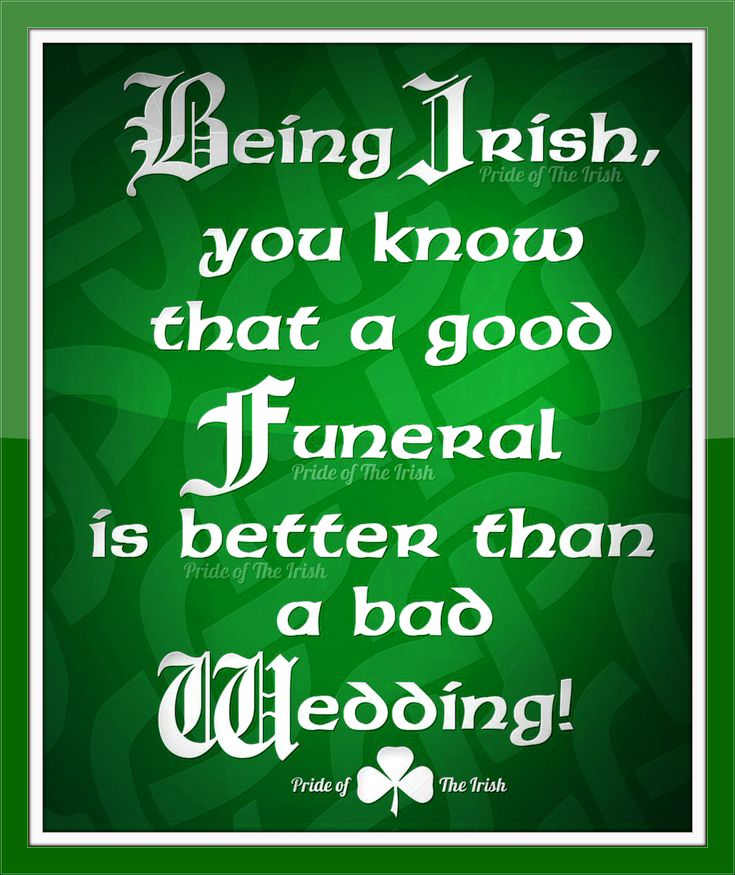
As the light of our dignity shines more brightly, we realize that we don’t have to be perfect. Showing vulnerability and humility invites people toward us. We become approachable rather than intimidating. We don’t see ourselves as better or worse than anyone else. We recognize that we’re all a part of the human condition; we all have strengths and weaknesses.
It is freeing to hold ourselves with the dignity that comes from simply being human. We don’t need to achieve “greatness” to have worth and value. We’re great just as we are. We might be inclined to pursue excellence because it feels meaningful, enlivening, and expansive, but not because it defines who we are as a person.
When pride substitutes for our human dignity, it disconnects us. Affirming our dignity and allowing others their dignity, we become more available to honor ourselves and connect with others as equals. Pride is a burden we don’t need. Living with dignity allows us to move more freely through life.![]()
Why pride is good
Know yourself
Pride, which manifests itself in vanity and arrogance, in the rapture of one's own abilities, indicates an inflated ego and can be destructive. But if we are talking about the satisfaction and joy that we experience when we see the successful result of our hard work, then this is an important and useful emotion that helps us become more persistent and resilient.
And for people of creative professions, wounded pride at some moment of crisis can be an important sign that a wrong decision has been made. In some cases, it can also mean that it's time to change strategy or even take a completely different direction. nine0003
Consider the example of ultramarathoner Dean Karnazes, who once ran 563 kilometers in one run and another time ran 50 marathons in 50 days. This person seems to have a very serious motivation. But where did she come from? The impetus was on his 30th birthday, when Karnazes reflected on his life and career in a very promising sales field, which, however, did not cause him any sense of pride.
As psychologist Jessica Tracy of the University of British Columbia, Canada, explains, it was this lack of self-esteem that propelled Karnazes to become one of the world's most successful distance runners 1 . “Karnazes started running not because he knew it would change his life, but because he wanted to feel something,” she writes.
Wounded pride is a kind of "achievement barometer" that encourages us to develop
If you have recently experienced disappointment: say, your carefully thought-out project was rejected or your creative work fell through - your self-esteem collapsed and you became self-critical, try not to immerse yourself in this depressive state. Instead, use hurt feelings of pride to motivate yourself to do something and make a difference. If you are quite successful, but your achievements do not cause you true satisfaction and pride, it may be time to reconsider your work priorities. nine0003
nine0003
All in all, we could all benefit from listening to this feeling. “We often live by inertia, when it seems that everything seems to be in order, but still we lack this feeling of victory, taken heights,” the psychologist explains. “Awareness of self-esteem in ourselves is often what pushes us to do something else and live differently.”
Together with her colleagues at the University of British Columbia and the University of Rochester, Jessica Tracy has conducted a series of studies on this topic. For example, they measured students' sense of pride in their achievement on an exam and noticed that those who reported feeling a prick of self-esteem (did not feel satisfaction, a sense of accomplishment) for their poor performance, as a rule, said that they planned to study for exams. differently. And on the next exam a few weeks later, they scored better. nine0003
Those students who received poor marks on their first exam and did not feel that their pride was hurt did not show such improvements.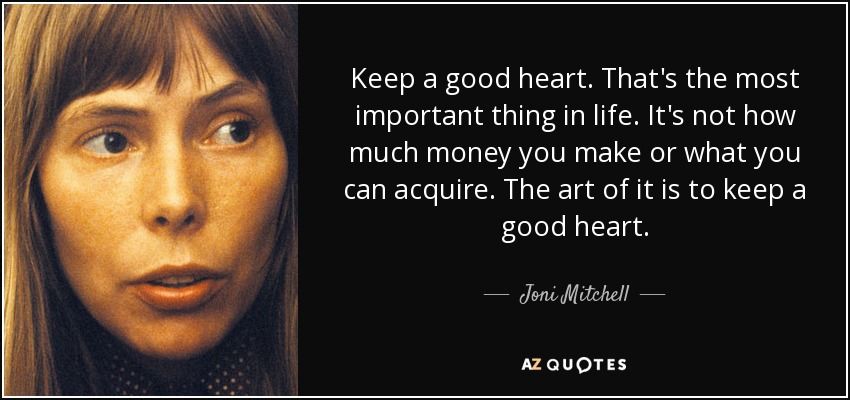
Also as part of the study, psychologists interviewed members of the running club after the race. The bottom line is the same: those who ran badly and were hurt by it tended to say they planned to change their training regimen and improved their performance the next race.
These results show that hurt pride is a kind of “achievement barometer” that motivates us to develop. The most important thing, of course, is not just to notice, but to take the time and effort to reflect on that feeling (or lack of it) to really boost your motivation. nine0003
But one word of caution: if you've gone through a series of disappointments and are not just hurt, but depressed and have completely lost confidence in yourself, then you run the risk of reaching self-abasement. Shame is the feeling that “I can’t do anything, I’m not good at it, which means I won’t try anymore, because it will end in failure anyway.” Such a statement is by no means motivating. “Feeling hurt pride, on the other hand, means that you lack validation of your competence and accomplishments, and you are trying to verify your abilities again,” explains Jessica Tracy. nine0003
nine0003
There is a great way to determine whether you are feeling wounded pride or shame. Think about whether you see the cause of the trouble in something that can be fixed, such as a lack of effort or the wrong strategy, or something that indicates the kind of person you are.
For example, if your latest project didn't receive much positive feedback and you justify it as being a bad designer and lacking talent, this is, of course, demoralizing. But if you feel a burning desire to be proud of yourself and know what you need to do to succeed next time, this can be a powerful motivating force. nine0003
So treat your sense of self-respect with…respect. There is nothing wrong with wanting to be even more proud of yourself for your passion, dedication and determination.
1 Source: J. Tracy Take Pride, Why The Deadliest Sin Holds The Secret To Human Success, Houghton Mifflin Harcourt, 2016.
Text: Maria Fedotova Photo Source: Getty Images
What's new on the site
Expectations prevent us from creating happy relationships: how it happens - explains the neuroscientist
“The husband is sure: he is smarter than everyone else, he is always right.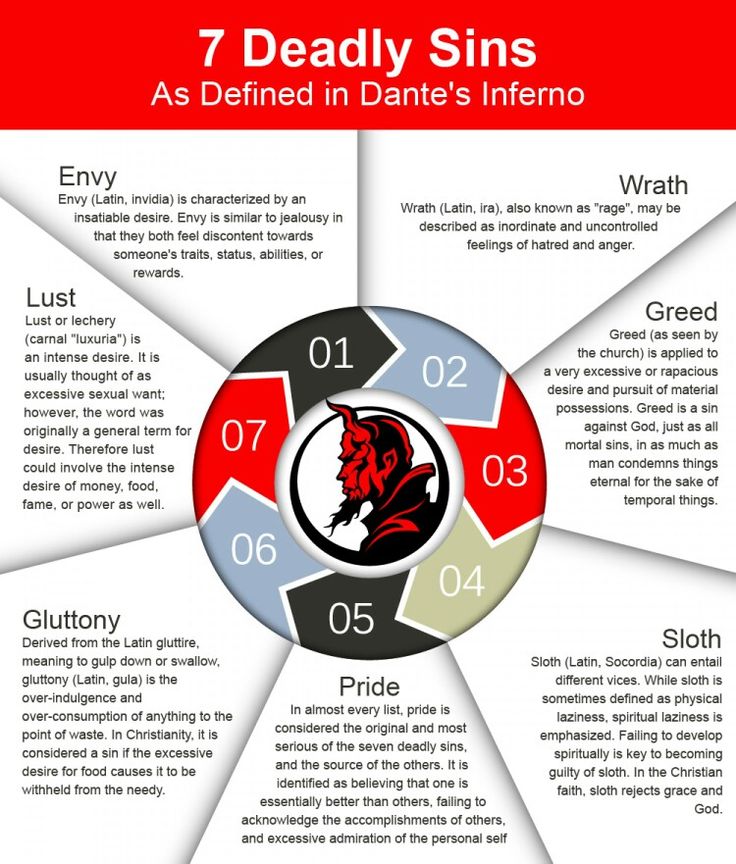 And won't let me have a baby"
And won't let me have a baby"
Foods to cut from your diet forever
Bombs, salts and gels: 20 bath products that will help you relax
Hugs, compliments, dates: 14 recipes for family happiness - advice from psychologists
" Which is better: divorce a stupid husband or stay in a comfort zone? nine0003
“I’m 45 years old, but I still haven’t had sex”
How to get sex back in your marriage: 7 important tips - arrange a reset
Pride is good or bad
Word pride , on this planet. In different situations, circumstances, in conversations on different topics.
Someone meant something good. Someone, on the contrary, implied human shortcomings.
Pride , unfortunately, is not always used in its original meaning. The concepts that can be hidden behind this word are similar, so confusion can arise. nine0003
For example, when a girl is told that she should have pride and not indulge an impudent guy, they mean a situation where the girl will demand respect for herself.
And if they say that a neighbor who is successful in some way is so proud of himself that it is already impossible to communicate with him normally, they mean that a person is blinded by self-praise and considers himself the best of all.
In order not to confuse anything and correctly understand what pride really is, it is necessary to expand the vocabulary with clarifying synonyms. nine0079
In the case of a girl, the word “self-respect” would convey the meaning much more accurately. In the case of a neighbor, it would be more appropriate to say "proud" or "arrogant."
The original meaning of the word pride is the name of a very dangerous vice, a harmful quality, a bad character trait. A proud person does not see his guilt, does not notice his shortcomings, can offend and upset, without thinking about the consequences. Such a person does not grow spiritually, does not get better - he froze in his development and began to degrade. Pride contains both self-conceit, and boasting, and permissiveness, and rudeness.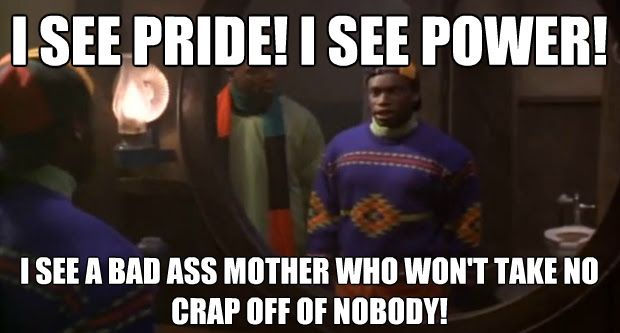 Envy, rivalry (where it is not appropriate), the desire to rule over other people take roots from it. nine0003
Envy, rivalry (where it is not appropriate), the desire to rule over other people take roots from it. nine0003
Why then do people often use the word pride in a good way?
For example, being proud of one's country, city, husband, son is normal and even commendable. The whole point here is this:
- be proud of the country = be a patriot
- be proud of the city = love your native land
- be proud of her husband = respect and notice the good in him
- to be proud of children = to be a contented and joyful mother
As we can see, we are not talking about pride-vice, and all this is just a confusion of concepts. It is not pride that helps the same girl behave with dignity, but the ability to be prudent and confident in defending her position. nine0067 The pride that spoils everything is the blindness that can happen to the human mind. He becomes blind not all, but only that part is eclipsed, which monitors itself critically and sensibly.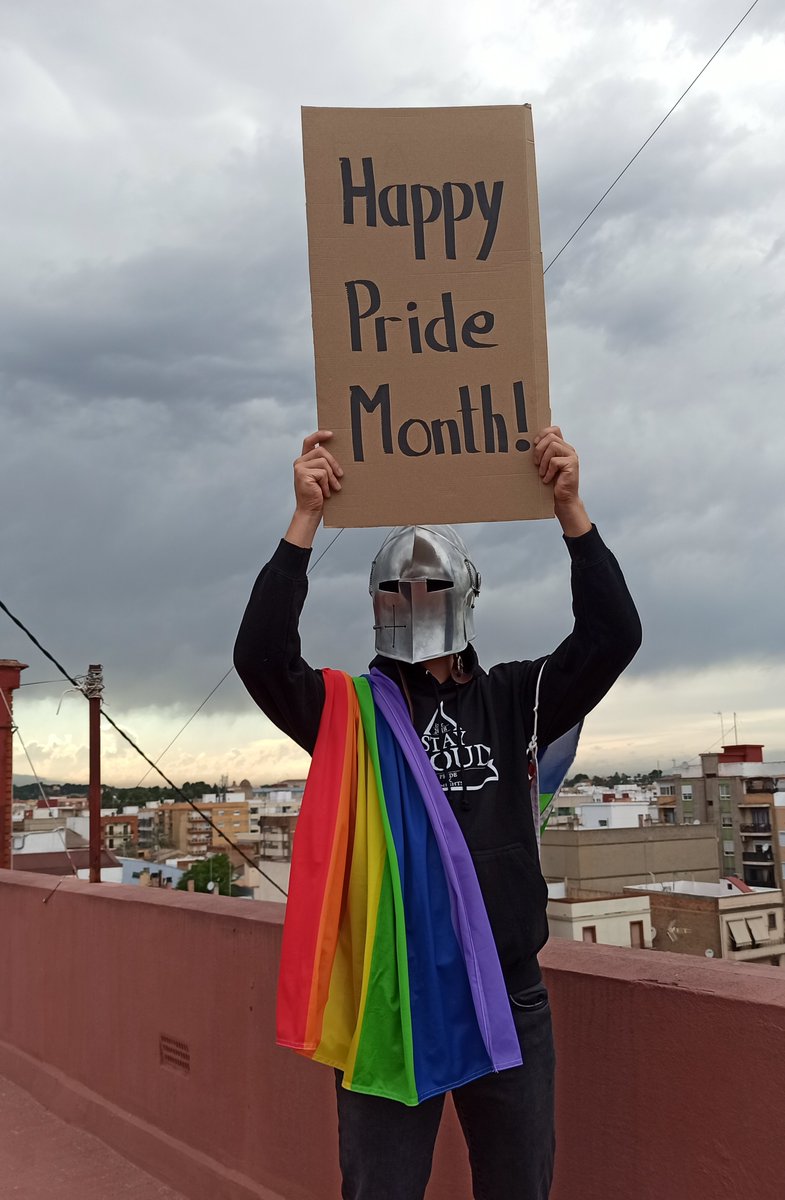 But, although only one area is darkened, it leaves an imprint on everything.
But, although only one area is darkened, it leaves an imprint on everything.
If this ability is turned off in a person, he will begin to imagine that he is always right, he will no longer understand where he made a mistake, where he went too far, where he acted badly towards another, or even offended someone in vain ... And the more people are proud, the more dangerous and stupid they become.
Sometimes the fact that a person becomes proud is not only his own fault. For example, parents can bring up pride if they put the child above everyone in the family and “live only for him”, without teaching him to think about someone else. If the son or daughter is also alone in the family, then pride is unlikely to get rid of.
Those around him can contribute to the pride of a person. For example, when the majority around praise, admire and do not criticize in anything. This often happens to famous people, and then they say about them that star disease has begun. nine0003
nine0003
Sometimes a person selectively listens to his relatives and friends, accepting only praise from them. In this case, he has only himself to blame for his pride.
How to protect yourself from such a dangerous mental eclipse as pride and track it down in yourself?
A very simple and easy way to keep track of what's going on in your soul on this topic is to listen to criticism and watch your reaction. If you are offended and angry when a fair remark is made to you in a normal, non-offensive and not rude form, it means that a wormhole of pride has already crept into your soul. If you do not know for sure whether you are being criticized fairly, this is a good sign: you do not want to be a blind proud man who does not admit his mistakes. "I don't know" means "maybe I'm wrong." It is extremely difficult for a proud person to even think in such a vein. nine0067 If you now thought: "I'm done, everything is in order with pride," then you are also at risk. This thought is slippery, blinding can start from it.
